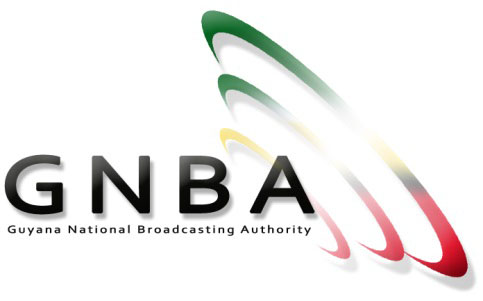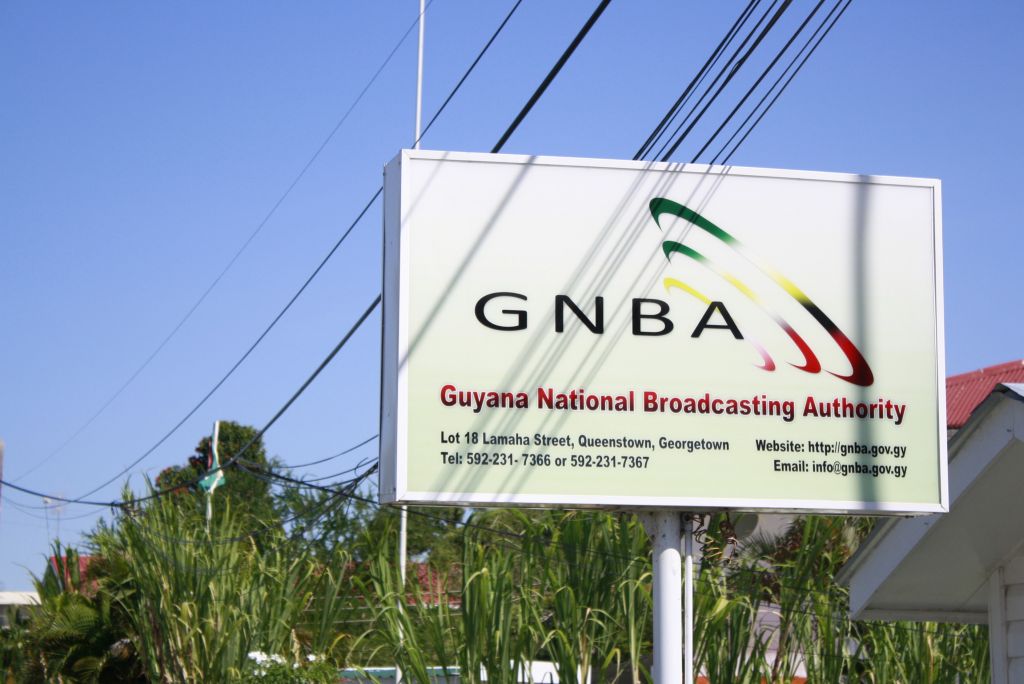 Despite its continued engagements with broadcasters, the Guyana National Broadcasting Authority (GNBA) has reported an overall increase in infractions, including the broadcast of graphic videos, unbalanced political commentaries and lewd music.
Despite its continued engagements with broadcasters, the Guyana National Broadcasting Authority (GNBA) has reported an overall increase in infractions, including the broadcast of graphic videos, unbalanced political commentaries and lewd music.
Speaking at a stakeholder engagement on Wednesday at the Arthur Chung Conference Centre, Jocelyn Josiah, a member of the GNBA Board of Directors and Chair of its Monitoring and Compliance Committee noted that the previous engagement was held in August, when there were 18 infractions.
In September, however, the number jumped to 39, with October seeing 41. There was a decrease in November, however, which saw 31, although the number is on the rise again at present.
She noted that there has been an overall increase in infractions, particularly in red infractions.
Red infractions, which are the most serious of the lot, climbed in September, decreased in October, and climbed again in November, while yellow and orange infractions have gone down in November.
Josiah explained that infractions submitted by the Monitoring Department are first reviewed by the Monitoring and Compliance Committee, and are then referred with initial recommendations to the Special Investigative Committee for further review and action with regard to possible enforcement and penalties.
Some of the more prevalent individual infractions include the breach article 20 (f) of GNBA’s Guidelines for Broadcasters, which are not law, but give guidance on how to remain in compliance with the Guyana National Broadcasting Act. The guidelines state that “controversial or offensive references to opponents shall be avoided.” This is pursuant to section 34 (1) (c) of the Broadcasting Act, which requires that GNBA do “…all it can to ensure…that due balance and fairness is preserved on the part of the licensee providing the service on matters of national political or industrial controversy or relating to current public policy”.
Josiah said that there is also routine breach of requirements for claims and allegations made by contributors to programmes to be corroborated wherever possible. This requirement is pursuant to section 34 (1) (b) of the Act, which stipulates that with every licenced service, “… news given (in whatever form) in its programmes is presented with due regard to fair and balanced commentaries and accuracy and impartiality.”
Some infractions
During the engagement, several clips were shared with stakeholders to demonstrate examples some of the infractions committed routinely.
The first clip was taken from an episode of the programme ‘Groundings,’ titled ‘Current Political Issues” and featuring Dr David Hinds, an executive members of the Working People’s Alliance, who claimed that the People’s Progressive Party has the blood of Courtney Crum-Ewing, Ronald Waddell and several other persons on its hands.
Another programme, ‘Trending,’ with Sherod Duncan, aired on CNS Channel 6, showed a video clip with graphic images of an injury a woman sustained as a result of an accident. Before the clip is shown, Duncan warns viewers of the graphic nature of the clip and suggests that children not be allowed to view it. In the clip, the videographer, who took the video with a phone, also unleashes a tirade of expletives in reaction to the accident, as well as the nature of injuries sustained by the woman.
Duncan then appears again after the clip and apologises for not warning viewers about the language used in the video.
In a clip from another programme, titled ‘Making the Case’ and aired on Multi Technology Vision (MTV) Channel 14/Cable 65, the hostess states that “the PNC has rigged or has tried to rig, and has succeeded in stuffing ballot boxes at every election, this is not… they have always done it, and this is why we have an elections petition, even for the 2015 elections… they will do that again on March 2nd.”
A clip from HGP TV Nightly News, with Travis Chase, was also shown. The clip shows an interview between the news anchor and a man wanted by police, who uses several expletives.
In another example, a clip from an expletives-riddled portion of an ‘African Moods’ movie, which aired on HBTV Channel 9, was shown.
For radio, two songs aired by Disc Jockeys on Hits and Jams 94.1 were played. The first song was Gimme Likkle (Nuh Pickney nah Hold Yuh Down), by Beenie Man, while the other song was an expletive-laced selection with an expletive in the song’s title.
On another radio programme, aired on Freedom Radio and hosted by former Local Government Minister Ganga Persaud, a caller broke into an expletive-laced rant about an issue and was not stopped by Persaud. It was only after the caller finished his contribution that Persaud seemed to begin to caution callers about using such language notwithstanding their feelings on issues.
The final example was a radio programme aired on Benschop Radio 107.1 FM, in which the person who appeared to be the host referred to Opposition Leader Bharrat Jagdeo as evil, and likened him to Lucifer. He also accused the Opposition Leader of promising persons the opportunity to engage in criminal activities if they support his party’s return to power in the coming elections.
Josiah also noted that the recent broadcast by television news outlets of videos involving children below the age of 18 were also infractions as “they were inappropriate for national television and in most cases…too lengthy, and revealed the identity of the minors.”
‘Justice’
“…We would be very happy to have your feedback. I would like to know as we look at clips like this whether we really feel that broadcasting is doing a justice in terms of educating out public, in terms of shaping the norms and the whole fabric of society that we would like to see in place,” Josiah asked the broadcasters present.
Josiah said the examples point to a need for training to be done by broadcasters with the persons and entities who host and facilitate the programmes which are broadcast. On a previous occasion, Chairman of the GNBA Board Leslie Sobers had said that though a broadcaster is not the creator or owner of the content, it is the broadcaster which is granted the licence and is, therefore, ultimately responsible for whatever is aired.
“We cannot get away from political broadcasts, but here is a way we can get around this…it cannot be a free for all,” Josiah said,
Dr Rovin Deodat, a veteran broadcaster and a member of GNBA’s board, condemned some of what takes places on Guyana’s airways and television stations as “bottom house gyaffs,” although he acknowledged that around 10 per cent of Guyana’s broadcasters are responsible for 80 per cent of infractions committed.






